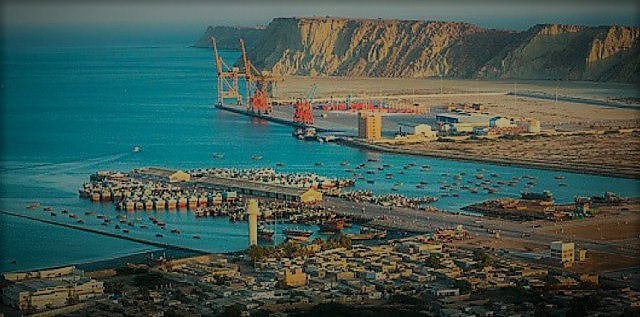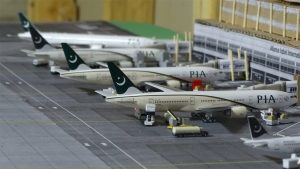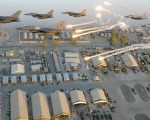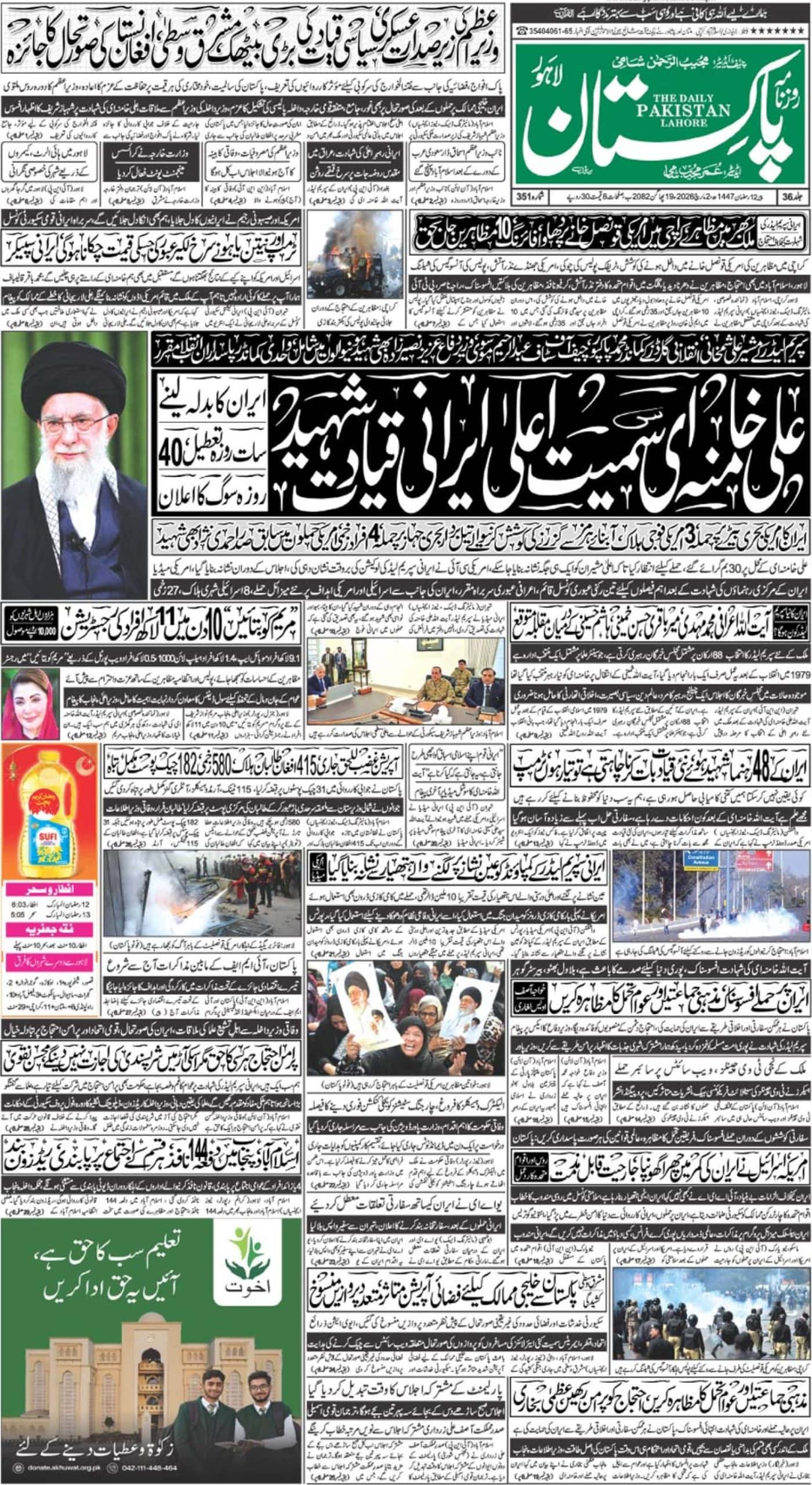Terror attacks have suddenly spiked in Pakistan’s strategic Balochistan province in 2019, with the Gwadar hotel attack on May 11, followed immediately within hours by the Fujairah port and Saudi pipeline attacks and the tensions close to the Strait of Hormuz. In Pakistan, we are accustomed to seeing developments here in a local context, but this time there are signs of a wider regional context that includes Gwadar. The Pakistani strategic port city is not far from Fujairah (about 327 nautical miles). The location in the Gulf of Oman where two oil tankers were sabotaged is even closer. This context is significant considering that one of the theories behind the May 11 Gwadar hotel attack is that this was an operation were the sea was used as a conduit. Within hours from Gwadar attack, four oil tankers off Fujairah port were mauled.
These three incidents happened back-to-back within four days in May. The preceding month saw the targeted assassination of fourteen Pakistani naval and air force personnel in a daring operation deep inside Pakistani territory.
As the situation in the Gulf of Oman and Hormuz waterway heats up, there is a need to keep an eye on Gwadar and Balochistan.
There is little chance of military conflict soon. Such a conflict does not suit the United States and its allies in the region as the sanctions cripple the Iranian government more effectively than any small-scale military action would. And there are no indications by Washington of a large-scale war, not is there an appetite for one. If anything, Iran’s action of shooting down a US surveillance drone was a sure invitation to a limited military action. Some American decisionmakers saw it for what it is. A hasty American response would have scored points for Iranian diplomacy. For Khamenei and the IRGC, it is better to invite a decisive limited action now than to wait out the searing sanctions and a second Trump term, which would leave Khamenei’s government too weak.
Pakistani investigators have been assessing for some time now if the May 11 Gwadar attack on the Pakistani side of the entrance to Gulf of Oman is linked in any way to the Fujairah incident, which occurred a few hours later. The military-level execution in incidents hours apart on both sides of the strategic waterway is an interesting coincidence.
The Gwadar attack began at sunset and by the time it ended at dawn the next day, May 12, four vessels off the Fujairah port were attacked, followed by the May 14 drone attack launched by Iran-backed Houthi militia on the Saudi Yanbu pipeline.
The message from the Fujairah and the pipeline attacks was clear: oil bypassing the Strait of Hormuz is not safe, and so are oil tankers passing through the strait. Both will be targeted in case of hostilities.
But the messages from the Gwadar attack are slightly different but still relevant to the emerging regional context. Gwadar is not a bypass for oil shipments from the Gulf. Not yet. But Riyadh did announce plans for an oil refinery and petrochemical complex in the strategic Pakistani port city in March this year. A similar message went to China: its personnel and investments in the Pakistani port are not safe. There could be a third message for Pakistan: Islamabad is not safe from hostilities in the Gulf.
Most Pakistani strategic analysts rightly believe that sabotage in Balochistan is an Indian priority. But the execution of this Indian interest is not possible without the active support from elements in Iran. Many Iran-watchers confirm that the IRGC is India’s longtime strategic partner in Iran. And the interests of the two overlap in the Iranian port city of Chabahar, which New Delhi promoted in Washington as a counter to Gwadar and the Chinese Road and Belt project in order to secure a rare exemption for Iran from American sanctions.
April and May have seen three major attacks in and around the Strait of Hormuz targeting Pakistani, Emirati, and Saudi interests. All these attacks were military-level operations, impeccably executed.
The focus on Pakistan, the UAE, and KSA is worth noting for another reason.
Three months earlier, in February, then commander-in-chief of IRGC, Major-General Mohammed Ali Jafari, warned Islamabad, Abu Dhabi and Riyadh of “revenge” after Iranian militant group, Jaish Al-Adl, blew up buses inside Iran on Feb. 13 carrying Quds Force soldiers. QF is the external arm of IRGC.
After Jafari’s warning, other semi-official Iranian news outlets toned down the threat, removing references to the UAE and KSA and focusing exclusively on Pakistan’s alleged role in the attack. “If Pakistan fails to punish them in the near future, Iran will do so based on international law and will retaliate against the terrorists [inside Pakistan],” Jafari told Iranian media.
Pakistan rejects Iranian claims of any link to Iranian militant groups. Intelligence officials say the IRGC routinely blames other countries for its domestic problems. Jaish Al-Adl is an Iranian group with some popular support inside Sistan-Baluchistan Province whose members occasionally use porous borders with Afghanistan and Pakistan to dodge arrest. Such movement has been going on for decades.
Another sign for Pakistan around the same time came from an unexpected place: Lebanon.
Hezbollah chief Hassan Nasrallah, in a televised address from his hiding place somewhere in Lebanon, mentioned Pakistan, Kashmir and Afghanistan while eulogizing a militia commander killed in Syria. Nasrallah’s emphasis was on how operations by Hezbollah across international borders in Muslim countries are ‘Islamic’ and cannot be stopped [see this hyperlinked reference to Pakistan in live-tweet thread by a Lebanon expert who followed the speech.]
To be sure, there is no hard evidence that the May 11, 12, and 14 incidents in Gwadar, Fujairah and the Saudi oil pipeline directly involved Iran. But the skillsets and coordination required for these attacks and other circumstantial evidence strengthen the likelihood that IRGC is involved.
If this is true, then 2019 has more surprises in store ahead.














